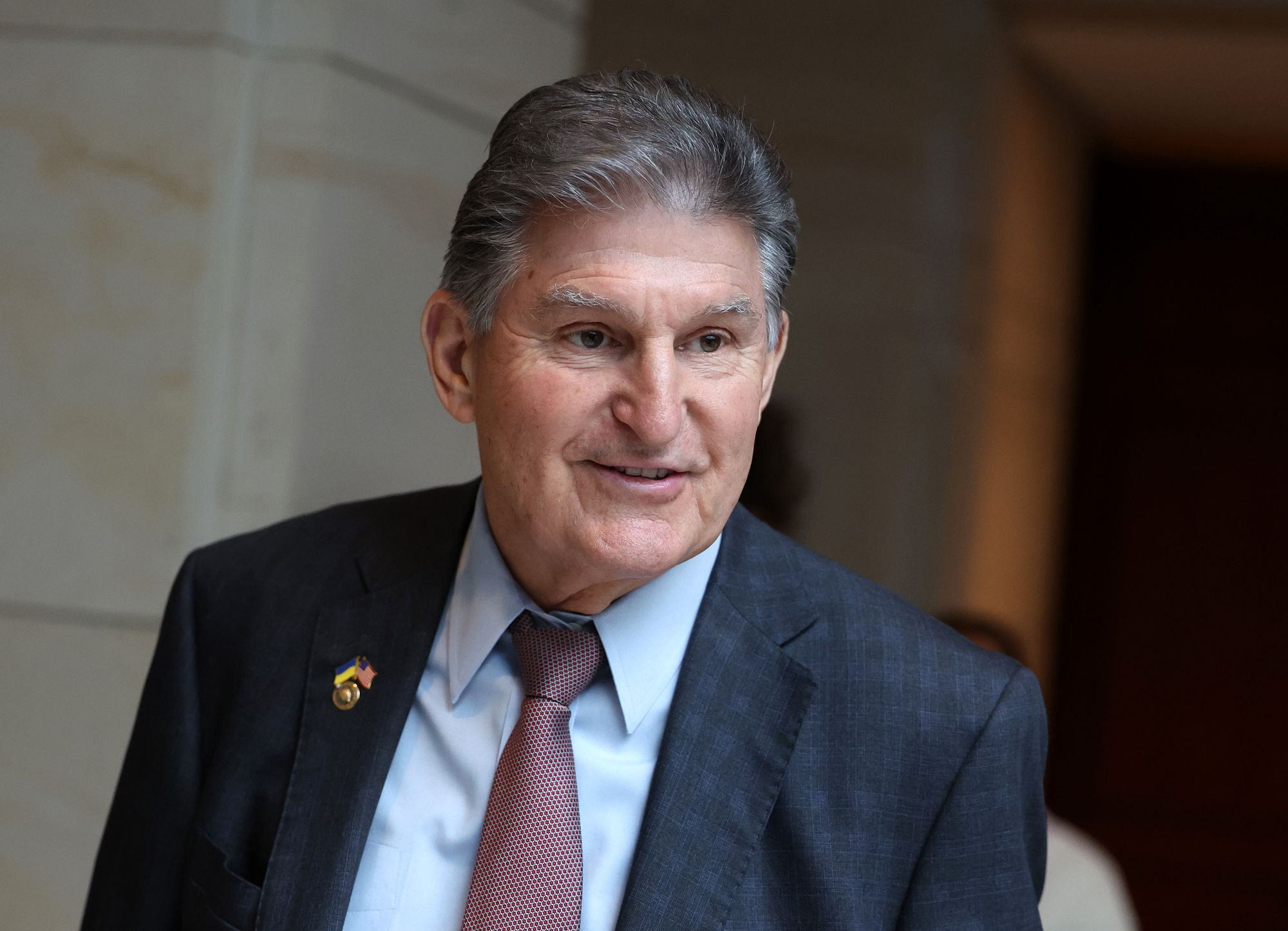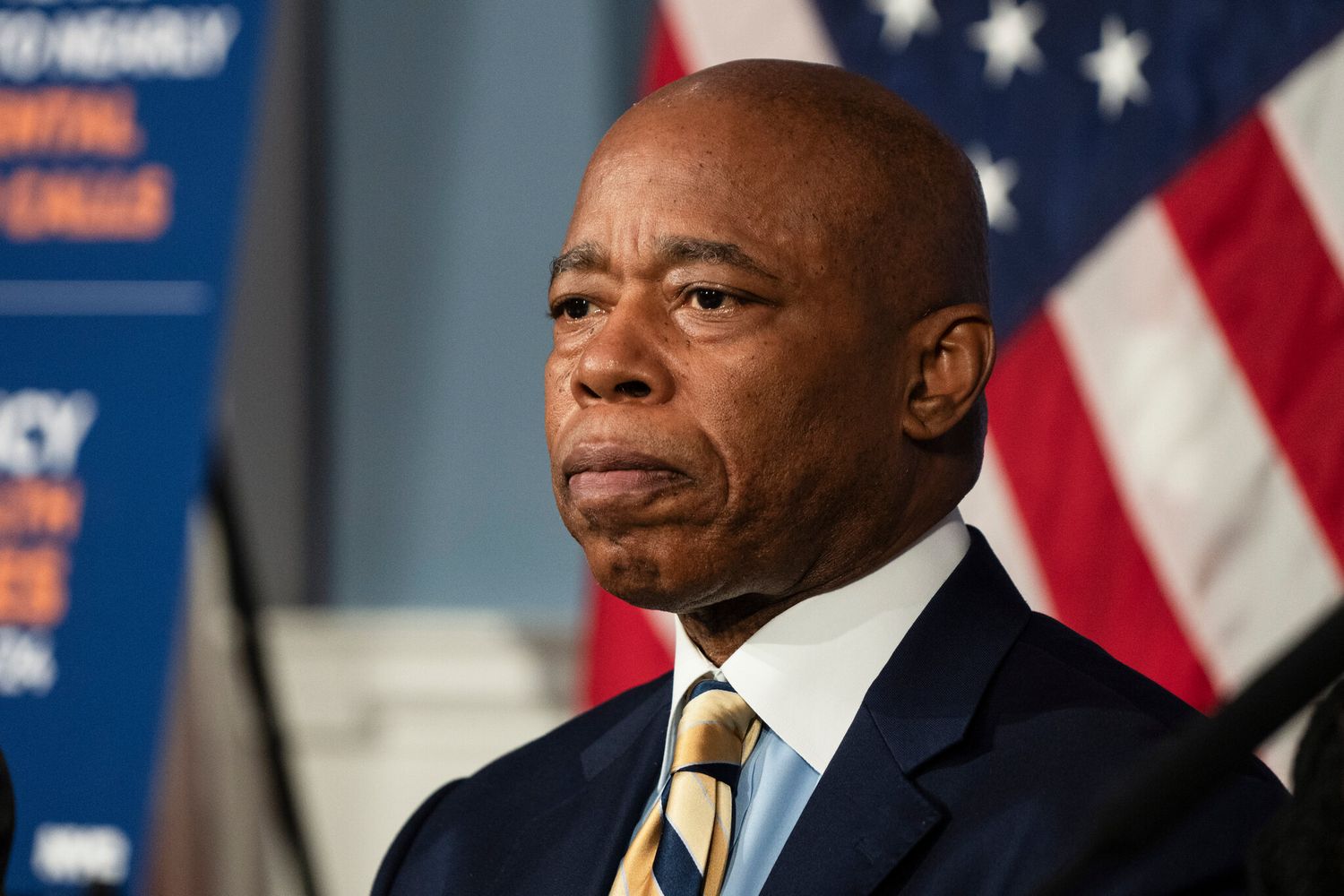
Who is Joe Manchin? Joe Manchin III is a name that often pops up in American politics, especially when discussions turn to bipartisanship and energy policy. Born on August 24, 1947, in Fairmont, West Virginia, Manchin has carved out a unique space for himself in the political landscape. He started his career in the West Virginia House of Delegates in 1982, eventually becoming the state's governor from 2005 to 2010. Since 2010, he has served as a U.S. Senator, known for his centrist views and willingness to cross party lines. Manchin's background in business and his commitment to job creation and fiscal responsibility make him a pivotal figure in today's political climate.
Key Takeaways:
- Joe Manchin's upbringing in a small coal mining town shaped his values and work ethic, inspiring his commitment to public service and bipartisanship in the U.S. Senate.
- Despite being a conservative Democrat, Manchin has played a significant role in shaping national policy, particularly on energy and fiscal issues, through his moderate stance and dedication to serving his constituents.
Early Life and Family Background
Joe Manchin's roots run deep in West Virginia, where his family has long been a part of the community. His upbringing in a small coal mining town shaped his values and work ethic.
- Birth and Early Life: Joe Manchin III was born on August 24, 1947, in Fairmont, West Virginia. He grew up in the small coal mining town of Farmington, where he learned the values of family, common sense, fairness, and hard work.
- Family Background: Manchin’s father owned a furniture store, and his grandfather, Papa Joe, was an Italian immigrant who ran the local grocery store. His grandmother, Mama Kay, inspired his belief in public service through her compassion and desire to help those less fortunate.
- Education: Manchin attended West Virginia University on a football scholarship but was injured and did not play football. He received a bachelor’s degree in business in 1970.
- Marriage and Family: Manchin married Gayle Conelly in 1967, while still in college. The couple has three children: Heather, Joseph IV, and Brooke. They are also proud grandparents of several grandchildren.
Early Career and Entry into Politics
Before becoming a well-known figure in national politics, Manchin had a diverse career in business and state politics. His early experiences laid the groundwork for his future roles.
- Early Career: After graduating from college, Manchin worked at his family’s furniture store and later managed a carpet store. He then joined a coal brokerage company, Enersystems, which his family owns and operates.
- Entry into Politics: Manchin entered electoral politics in 1982 when he successfully ran for the West Virginia House of Delegates. He served one term before moving to the state Senate in 1986.
- State Senate Career: During his time in the West Virginia Senate, Manchin promoted reforms in welfare, health care, and Medicaid. He was reelected in 1988 and 1992.
Governorship and State Leadership
Manchin's tenure as governor of West Virginia was marked by significant achievements and high approval ratings. His leadership during crises and his fiscal policies earned him widespread recognition.
- Governor of West Virginia: In 2004, Manchin ran for governor and won the election with 52% of the vote. He served as governor from 2005 to 2010, earning high approval ratings for paying down the state’s debt and privatizing the workers’ compensation system.
- Secretary of State: Before becoming governor, Manchin served as the secretary of state of West Virginia from 2001 to 2005. His office was known for excellent customer service.
- Sago Mine Explosion: During his first term as governor, Manchin was praised for his close supervision of rescue efforts following the January 2006 Sago mine explosion.
- Upper Big Branch Mine Disaster: In 2010, Manchin sought the U.S. Senate seat vacated by Robert Byrd following the Upper Big Branch mine disaster that killed 29 miners. He won the special election with 53% of the vote.
U.S. Senate Career
Manchin's move to the U.S. Senate brought him into the national spotlight. His moderate stance and willingness to work across the aisle have made him a key player in many legislative battles.
- U.S. Senate Career: In 2010, Manchin won a special election to fill the seat left vacant by the late Senator Robert C. Byrd. He was sworn in on November 15, 2010.
- Reelections: Manchin was reelected in 2012 with 61% of the vote and again in 2018 with just under 50% of the vote, despite being in a heavily Republican-leaning constituency.
- Committee Assignments: Manchin serves on several critical committees, including the Senate Energy and Natural Resources Committee, the Senate Committee on Appropriations, the Senate Committee on Armed Services, and the Senate Committee on Veterans' Affairs.
Key Policy Positions
Manchin's policy positions often reflect his moderate and pragmatic approach. He has taken stances on energy, gun rights, and healthcare that sometimes put him at odds with his party.
- Energy Policy: Manchin is a strong advocate for a balanced national energy plan that utilizes all resources, including fossil fuels. He believes that a balanced approach can achieve energy independence within this generation.
- Gun Rights: Manchin is a strong supporter of gun rights and has opposed stricter gun control measures, including background checks for gun purchases.
- Abortion: Manchin has consistently supported anti-abortion legislation, which has put him at odds with the official abortion rights positions of the Democratic Party.
- Environmental Policy: Despite his support for fossil fuels, Manchin has also been involved in environmental initiatives. In 2022, he and Senate Majority Leader Chuck Schumer announced a compromise bill to address climate change, allow Medicare to negotiate prescription drug prices, and extend subsidies for the Affordable Care Act.
Legislative Achievements
Manchin has played a crucial role in several significant legislative efforts. His ability to negotiate and find common ground has led to important policy changes.
- Inflation Reduction Act: Manchin was a key sponsor of the Inflation Reduction Act, which aimed to reduce inflation and address climate change through various measures.
- Supreme Court Nominations: Manchin voted to confirm Neil Gorsuch and Brett Kavanaugh to the U.S. Supreme Court but opposed Amy Coney Barrett due to concerns about her judicial philosophy.
- Impeachment Votes: During the Trump administration, Manchin twice voted to convict President Donald Trump on impeachment charges but did not succeed in removing him from office.
- Military Interventions: Manchin has been non-interventionist in foreign policy, calling for the withdrawal of American troops from Afghanistan and opposing most military interventions in Syria.
Support for the Coal Industry
Representing a coal-producing state, Manchin has been a staunch supporter of the coal industry. His efforts have focused on balancing energy needs with environmental concerns.
- Coal Industry Support: As a senator from a coal-producing state, Manchin has been a strong supporter of the coal industry. He has worked closely with Republican colleagues to develop energy-production programs that include coal.
- Public Lands and Waters: Manchin has supported policies that allow for the auctioning off of more public lands and waters for oil drilling, a concession included in the 2022 climate change bill.
Bipartisanship and Retail Government Philosophy
Manchin's commitment to bipartisanship and his philosophy of "retail government" have defined his approach to politics. He prioritizes connecting with constituents and finding common-sense solutions.
- Bipartisanship: Manchin is known for his bipartisan approach to politics. He has worked closely with Republicans and Democrats to find common-sense solutions to national problems.
- Retail Government Philosophy: Manchin’s philosophy of “retail government” emphasizes connecting with constituents and making service to them his top priority. This approach has been a hallmark of his political career.
Personal Beliefs and Priorities
Manchin's personal beliefs and priorities often guide his legislative actions. His focus on job creation, fiscal responsibility, and public service reflects his commitment to his constituents.
- Job Creation: Job creation is Manchin’s top legislative priority. He believes that government should act as a partner, not an adversary, in helping to create good American jobs.
- Fiscal Responsibility: Manchin firmly believes that the nation must put its fiscal house in order. He advocates for finding common-sense ways to cut spending while keeping promises to seniors and veterans by protecting Social Security and Medicare.
- Public Service Inspiration: Manchin’s grandmother, Mama Kay, inspired his belief in public service through her compassion and desire to help those less fortunate. This inspiration has guided his career in politics.
Business Background and Community Involvement
Before his political career, Manchin was a successful businessman. His involvement in the community and various leadership roles have further shaped his public service.
- Business Background: Before entering politics, Manchin was a successful businessman. He helped found and was the president of Enersystems, a coal brokerage company.
- Community Involvement: Manchin is an avid pilot, outdoorsman, hunter, angler, and motorcyclist. He has been married to Gayle Conelly for over five decades and has three children and several grandchildren.
Notable Legislative Actions
Manchin's legislative actions have often been pivotal in shaping national policy. His votes and sponsorships reflect his moderate stance and willingness to compromise.
- Public Lands Drilling: The climate change bill included provisions to auction off more public lands and waters for oil drilling, a concession to Manchin.
- Corporate Taxation: The bill also included a 15% minimum tax on billion-dollar corporations.
- Medicare Negotiations: The bill allowed Medicare to negotiate prices on certain prescription drugs, a significant change in healthcare policy.
- Affordable Care Act Subsidies: The bill extended subsidies for coverage under the Affordable Care Act, helping more Americans afford healthcare.
Challenges and Controversies
Manchin's career has not been without challenges and controversies. His positions on various issues have sometimes put him at odds with his party and constituents.
- Reelection Challenges: In 2018, Manchin faced significant opposition from Republican Attorney General Patrick Morrisey but won reelection by nearly 20,000 votes.
- Build Back Better Act: Manchin and fellow conservative Democrat Sen. Kyrsten Sinema prevented the passage of the Build Back Better Act, arguing it was overreaching and potentially inflationary.
- Voting Rights Legislation: Manchin and Sinema also stymied Democratic efforts to pass voting-rights legislation by refusing to vote to do away with the filibuster.
Legacy and Impact
Manchin's legacy in politics is marked by his commitment to bipartisanship and his dedication to serving his constituents. His impact on national policy, particularly on energy and fiscal issues, is significant.
- Leadership Roles: Manchin has held several leadership roles, including Chairman of the National Governors Association, Chairman of the Southern States Energy Board, President of the Council of State Governments, Chairman of the Democratic Governors Association, and Chairman of the Southern Governors’ Association.
- Awards and Recognition: Manchin has received numerous awards for his public service, including being named one of the most effective governors in the country by the National Conference of State Legislatures.
- Presidential Elections: Despite being in a heavily Republican-leaning constituency, Manchin has outperformed the Democratic presidential nominee in both the 2012 and 2016 elections.
- Ketanji Brown Jackson Confirmation: Manchin voted to confirm Ketanji Brown Jackson to the U.S. Supreme Court.
Personal Interests and Hobbies
Outside of politics, Manchin has a variety of personal interests and hobbies that keep him grounded and connected to his roots.
- Avid Outdoorsman: Manchin is an avid pilot, outdoorsman, hunter, angler, and motorcyclist. These hobbies reflect his deep connection to the natural beauty of West Virginia.
- Family Life: Manchin has been married to Gayle Conelly for over five decades. They have three children and several grandchildren, highlighting his strong family values.
Recent Legislative Efforts
Manchin continues to play a crucial role in recent legislative efforts, often acting as a key negotiator and mediator.
- Climate Change Bill: In 2022, Manchin and Senate Majority Leader Chuck Schumer announced a compromise bill to address climate change, allow Medicare to negotiate prescription drug prices, and extend subsidies for the Affordable Care Act.
- Public Lands Drilling: The climate change bill included provisions to auction off more public lands and waters for oil drilling, a concession to Manchin.
- Corporate Taxation: The bill also included a 15% minimum tax on billion-dollar corporations.
- Medicare Negotiations: The bill allowed Medicare to negotiate prices on certain prescription drugs, a significant change in healthcare policy.
- Affordable Care Act Subsidies: The bill extended subsidies for coverage under the Affordable Care Act, helping more Americans afford healthcare.
Final Thoughts on Joe Manchin
Joe Manchin's career is a testament to his dedication to public service and his ability to navigate the complexities of modern American politics. His moderate stance and commitment to bipartisanship have made him a unique and influential figure in the U.S. Senate.
- Legacy in Politics: As one of the most conservative Democrats in the Senate, Manchin has played a significant role in shaping national policy, particularly on energy and fiscal issues. His legacy in politics is marked by his commitment to bipartisanship and his dedication to serving his constituents.
Joe Manchin's Impact and Legacy
Joe Manchin's career in politics is marked by his commitment to bipartisanship, job creation, and fiscal responsibility. As a senator from West Virginia, he's navigated the complexities of modern American politics with a focus on energy policy, gun rights, and healthcare. His balanced approach to energy, advocating for both fossil fuels and environmental initiatives, reflects his nuanced stance on national issues. Manchin's bipartisan efforts have often placed him at the center of key legislative battles, from the Inflation Reduction Act to Supreme Court nominations. Despite controversies, his dedication to serving his constituents and finding common-sense solutions remains unwavering. Manchin's legacy is defined by his ability to bridge divides, making him a pivotal figure in shaping national policy. His influence will likely continue to be felt in American politics for years to come.
Frequently Asked Questions
Was this page helpful?
Our commitment to delivering trustworthy and engaging content is at the heart of what we do. Each fact on our site is contributed by real users like you, bringing a wealth of diverse insights and information. To ensure the highest standards of accuracy and reliability, our dedicated editors meticulously review each submission. This process guarantees that the facts we share are not only fascinating but also credible. Trust in our commitment to quality and authenticity as you explore and learn with us.


